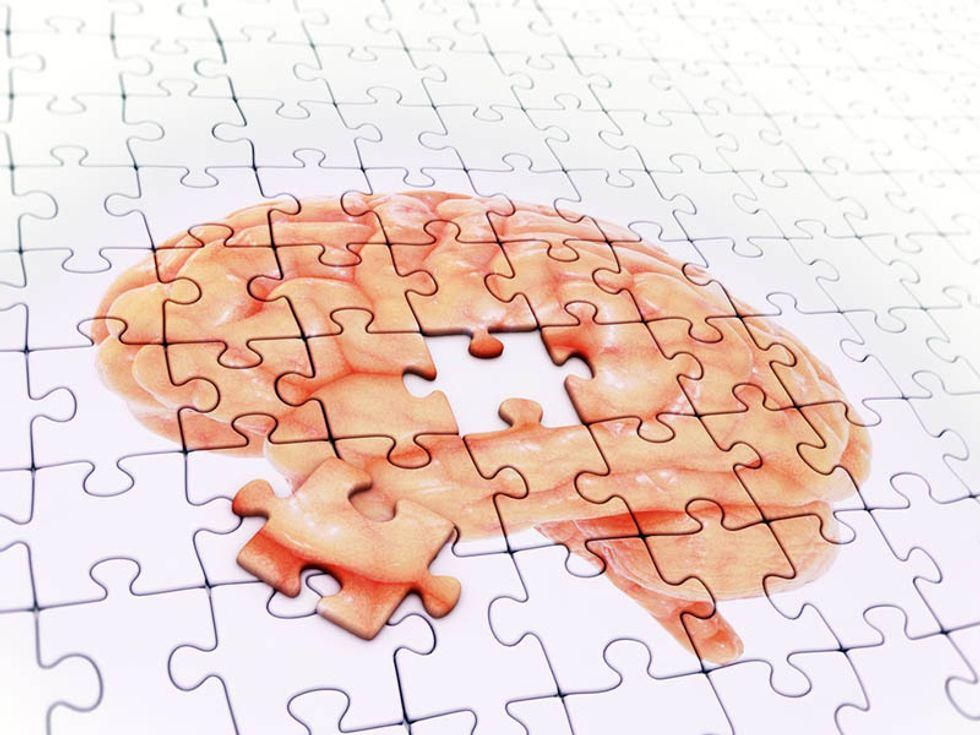TUESDAY, June 22, 2021 (HealthDay News) — The brains of people who died from COVID-19 were remarkably similar to the brains of people who die from neurodegenerative diseases such as Alzheimer’s and Parkinson’s, showing inflammation and disrupted circuitry, researchers report.
“The brains of patients who died from severe COVID-19 showed profound molecular markers of inflammation, even though those patients didn’t have any reported clinical signs of neurological impairment,” said study co-senior author Tony Wyss-Coray, a professor of neurology and neurological sciences at Stanford University.
His team analyzed brain tissue from eight people who died of COVID-19 and 14 people who died of other causes.
About one-third of hospitalized COVID-19 patients report neurological symptoms such as fuzzy thinking, forgetfulness, difficulty concentrating and depression, Wyss-Coray noted.
These problems can persist as part of what’s called “long COVID,” a lingering condition that sometimes affects patients after they recover from the original infection.
While there was significant inflammation in the brains of the deceased COVID-19 patients, their brain tissue didn’t have any signs of SARS-CoV-2, the virus that causes COVID-19.
Wyss-Coray pointed out that scientists disagree about whether the virus is present in COVID-19 patients’ brains.
“We used the same tools they’ve used — as well as other, more definitive ones — and really looked hard for the virus’s presence,” he said in a Stanford news release. “And we couldn’t find it.”
The study was published June 21 in the journal Nature.
“Viral infection appears to trigger inflammatory responses throughout the body that may cause inflammatory signaling across the blood-brain barrier, which in turn could trip off neuro-inflammation in the brain,” Wyss-Coray said.
“It’s likely that many COVID-19 patients, especially those reporting or exhibiting neurological problems or those who are hospitalized, have these neuro-inflammatory markers we saw in the people we looked at who had died from the disease,” he added.
“Our findings may help explain the brain fog, fatigue and other neurological and psychiatric symptoms of long COVID,” Wyss-Coray concluded.
More information
The U.S. Centers for Disease Control and Prevention has more on COVID-19.
SOURCE: Stanford University, news release, June 2021
Copyright © 2024 HealthDay. All rights reserved.

